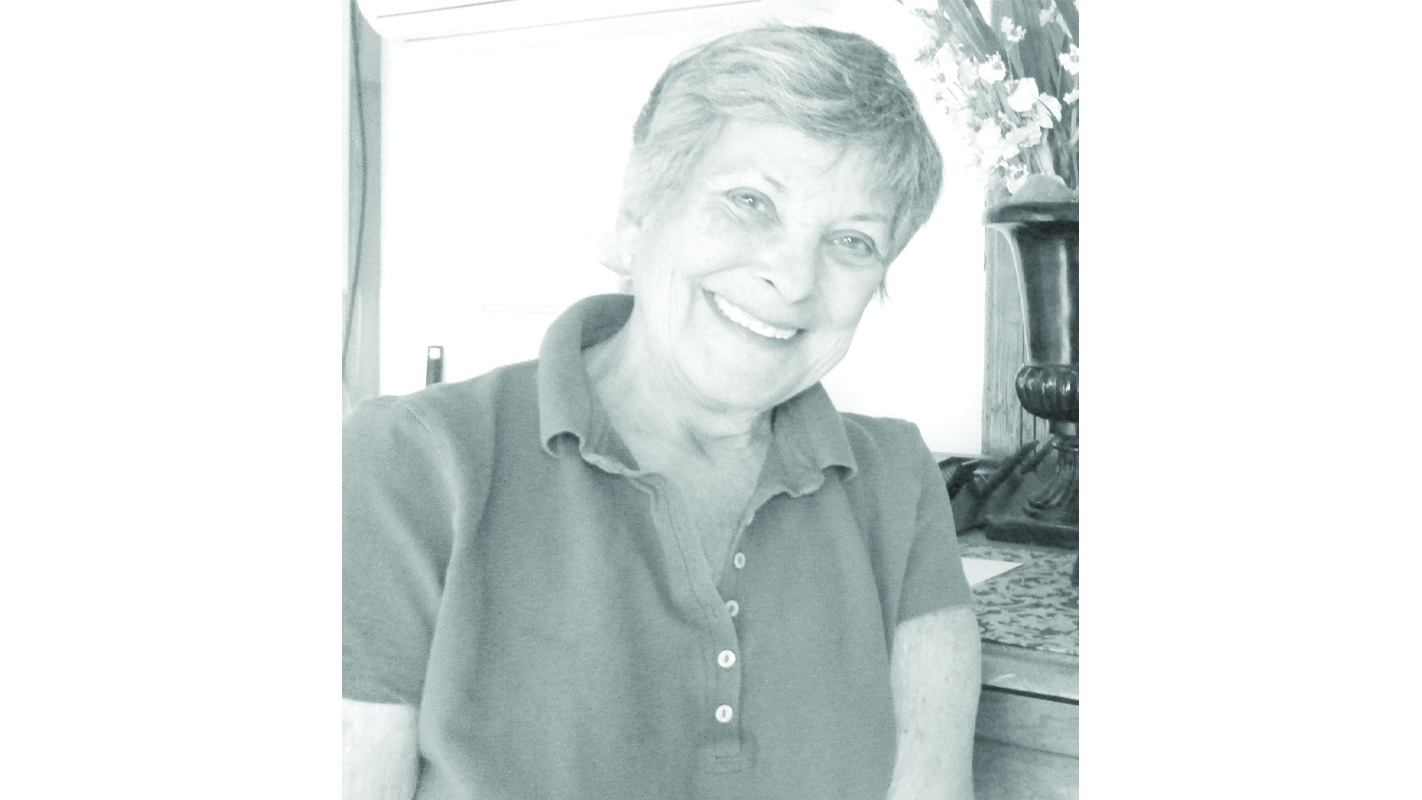Some of you may know that in a previous life, aside from being an economic consultant, I wrote a personal money management column that was syndicated in several newspapers. In these strange and unsettling times, I am torn between commenting on the economy and what COVID-19 is doing to it and offering tips on managing one’s household finances. I’d be overjoyed if you’d drop me a line to tell me your preferences.
This column is a combination of the two. So here we are, six months into the pandemic and a number of trends have emerged.
The virus has not gone away and we are approaching normal flu season.
Simple actions seem to work best: Hand washing, wearing face masks and social distancing contain community spread but do not eliminate it – the only real solution is a vaccine.
By the end of this month, two quarters will have passed (the length of time for economists to declare a recession) and while StatCan’s July statistics puts Canada past the halfway mark in recouping heavy employment losses, there’s no evidence that the Canadian (or any other economy) is recovering.
Without a vaccine the probability of recession becoming depression gets bigger.
Canadian and American banks have sharply increased their corporate loan loss reserves over the last 2 quarters.
The recent stock market rebound is the fastest on record.
So what do these trends suggest?
They suggest that even if a vaccine is approved before the end of the year, it will take weeks or months to produce and administer it to millions of people. Meanwhile, famous and local bricks and mortar retail businesses are closing every week – on top of the ones that are hanging on by their fingernails. The unemployment rate is still double what it was pre-pandemic – that’s almost a million and a half jobs in Canada.
They make us think about the difference between a recession and a depression. A recession is a regular part of the economic cycle, usually brought on by some financial event. Its average life is a little over one year; by the end of the 2nd quarter, the economy has started to recover. A depression physically destroys the economy: businesses close for good, unemployment lasts long enough to become chronic, capital for investing dries up.
They suggest that banks are preparing for a time when many of the business loans they have on their books will not be repaid.
They suggest that stock markets have decoupled from the economy. That makes a certain amount of sense. Asset manager Lorne Steinberg puts it this way: “In a world of zero interest rates investors seeking yield have little choice but to buy dividend-paying stocks, high yield bonds and other asset classes, and accept the inevitable volatility.”
So far, a depression has been stayed by massive government intervention. There is a real question about whether the economy has or will reach a stable if unloved plateau that we can live with until the virus is conquered.
Meanwhile I urge you, whatever your age or circumstance, take these simple steps for your own peace of mind: check your spending, get ahead of any debt, make sure your investments are in strong businesses, and if you’re not over 70, refine and diversify your skill set – for some Canadians, the gig economy has already given way to the hustle economy.
Cohendian560@gmail.com






